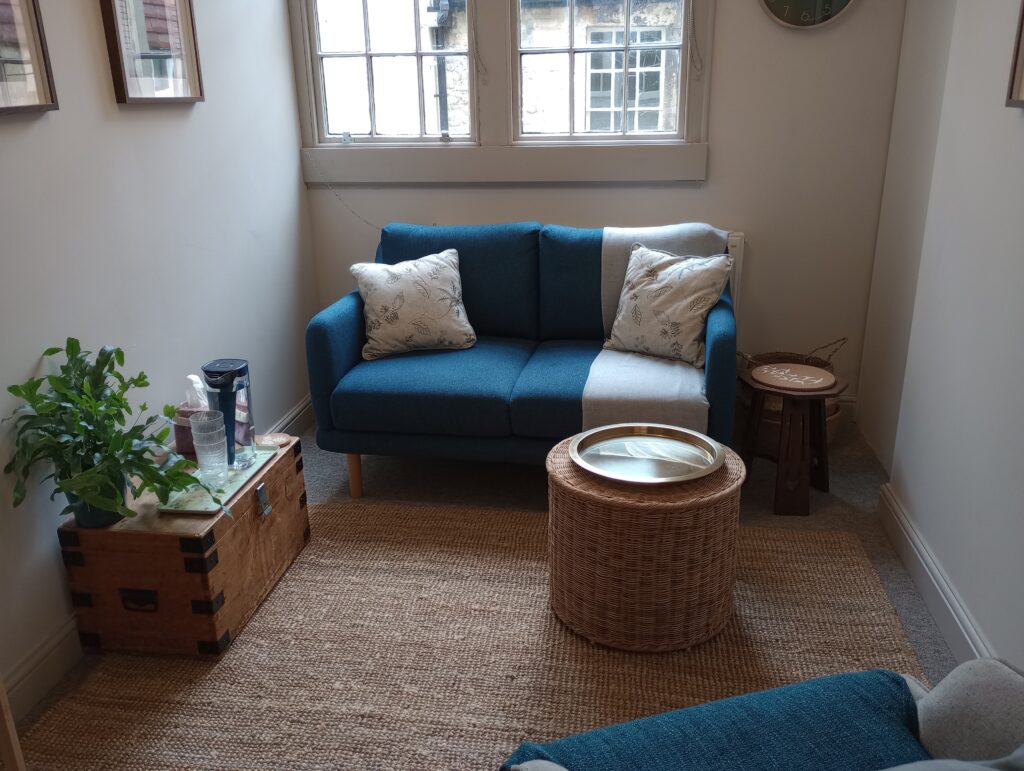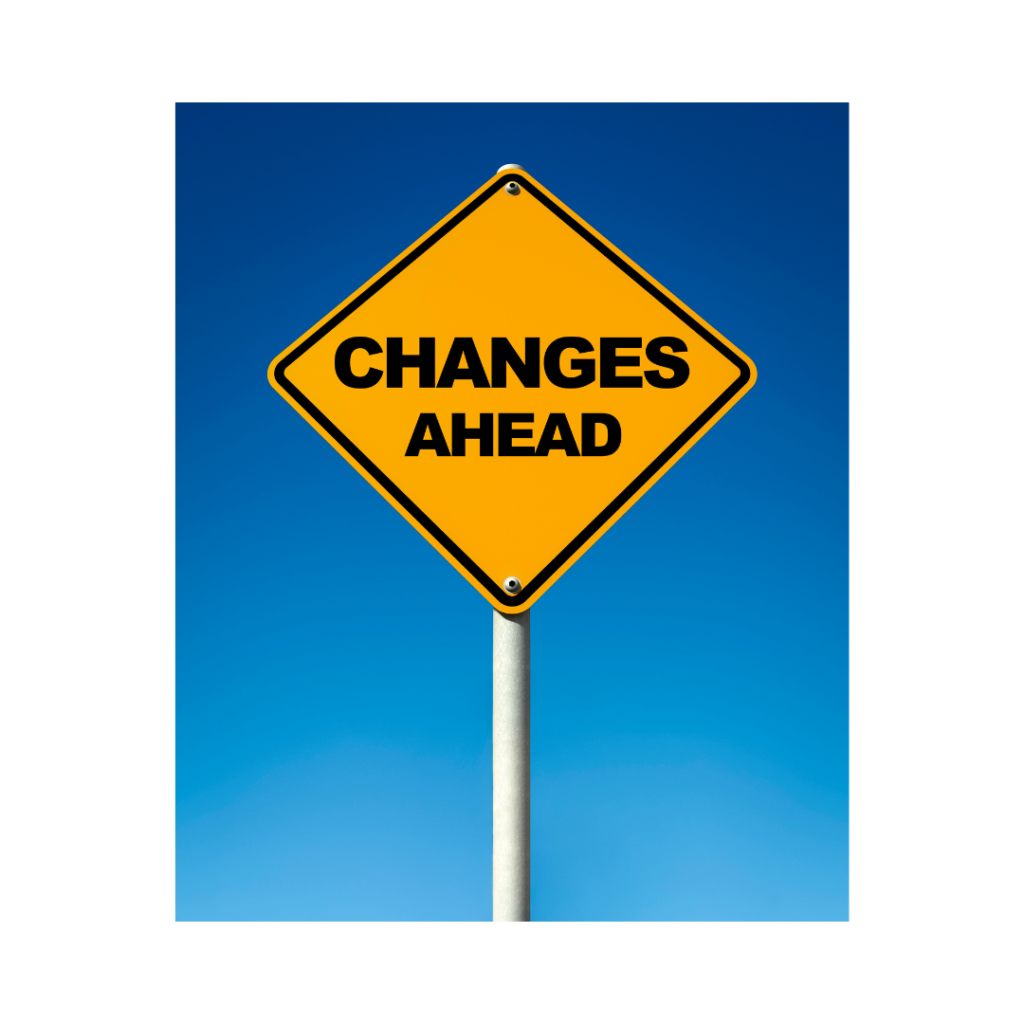
Does Instagram sometimes make you cringe?
I’ve been posting content on Instagram for nearly a year now @belgamlincounselling. The amount of mental health and therapy content on this popular social media channel is huge! Some of it is very, very good, but also I’m noticing a feeling of disquiet in me around content I’ve seen which I find contradictory, ambiguous or unhelpful.
Why I wrote this blog

I was wondering if some people may get an inaccurate impression from Instagram about what counselling or therapy is actually like. Therapy is something quite different from the advice or theory presented on an Instagram post or watching a reel.
My feeling of unease inspired me to write about the things I believe help contribute to “good therapy”. This may be helpful information if you are thinking of embarking on counselling or therapy for yourself. So have a quick read and see what you think!
For this blog, I thought about six important points which I’ll consider in turn.

I believe good therapy:-
- Has an ethical basis
- Is a therapeutic relationship
- Aligns with the clients own goals
- Is tailored approach
- Happens when the time is right
- Facilitates positive change
1) Good therapy has an ethical basis
Do you know what keeps you, the client, safe and well cared for, and keeps your interests as a therapist’s number one priority? Well it’s called an ‘ethical framework’. I know it sounds a bit boring but it is important, so read on!
An ethical framework or code is like a list of well-considered ethical principles, values, rules and practices which a therapist agrees to abide by when they work with clients. You can find details of the ethical framework I work by HERE

Why choose a therapist who has professional membership?
If your therapist is a member of a professional organisation then you can be confident that they will be required to work ethically as a condition of being a member, and very importantly you will be able to seek redress if you have any concerns or if they have breached the ethical code. I’m a member of the BACP, who provide a service to support clients who have concerns.
To become a professional therapist member you are required to have specific qualifications which demonstrate competency to practice. An important part of our training is to recognise ethical issues and to make sound decisions when ethical dilemmas arise. So choosing a therapist who is registered with a professional organisation such as BACP makes real sense for your wellbeing!
2) Good therapy is a therapeutic relationship

Sorry if this is disappointing news but therapy is not “done” to you. We’d all love a switch to be flicked, a few magic words and then to be instantly cured, but it’s not that easy. It takes work and commitment.
Therapy is very much to do with the connection between you and your therapist. Each person plays their part. I can’t remember who said it, but it goes something like this: we are wounded in relationships so we need to heal in relationships. I wonder what you think about that?
Your therapist’s relationship with you
The therapist aims to provide the ideal relationship which will allow the client to grow and heal; a bit like providing good soil, water and the right climate to a seed which can then grow strong.
A good therapist will really ‘be there’ for you and they won’t judge you. They will really listen to and value what you have to say. They will work very hard to build that important trust between you so you can experience a feeling of safety to be yourself. All your emotions, thoughts, feelings and beliefs will be welcomed, in confidence.
Good therapy may mean that either of you may make mistakes and have misunderstandings; the repair of these relational setbacks can become part of your healing process. It’s a chance to practice a new way of being in relationships safely.
How does this affect your choice of therapist?
Because relationship is an important part of therapy, your choice of therapist is going to be very important too. It’s not all about exams or experience. Chemistry is also important. Perhaps test-drive a few different therapists to see how you feel about them. I offer a free half hour chat so you can test drive me!
3) Good therapy aligns with the clients own goals

Good therapy will be a collaboration where you both agree the goals which are important to you, and the way of working. If you don’t feel comfortable working a certain way then your point of view should be welcomed and respected.
Here’s an example to illustrate what I mean. If someone has experienced trauma, they may just want to learn how to cope better in life with the symptoms they are experiencing. I’ve heard it said on Instagram that you have to go back to the trauma to heal completely. The client may not want to go back to face their trauma. It’s not right for everybody, and the client’s opinion is valid.
It’s your decision about what changes you make to your life. You should not be pressured to take any course of action you are not ready for yet or don’t agree with. It’s important that you do what is right for you at the time.
I like the idea of ‘creative indifference’ which means I am not invested in any particular outcome for the client. I am on the client’s side and want the best for them, but I am open to how that unfolds and their choices.
4) Good therapy is a tailored approach

Good therapy will be based on your individual needs and not solely based on a theory. Therapists learn about many theories which can be helpful in understanding causes of distress or at least they seem to do that, but theories are not ‘the complete truth’ and are only models; i.e. approximations of what might be going on.
You are unique!
You are a complex human being and finding out how things really are for you, discovering all those nuances to your situation is more important than fitting a few pieces of the jigsaw to make a simple picture which may not be the right fit for you.
People want and need different things
Maybe you are seeking to process some feelings and just want space to think things through out loud, maybe you want to learn some techniques to feel less stressed about things, maybe you want someone to challenge you, maybe you need a lot of gentle support and validation. These examples would all need a different approach to fit you.
5) Good therapy happens when the time is right

You need to feel it’s the right time for you, and not just because someone else thinks you should have therapy. You’ve really got to want to give it a try for yourself, and not to please others as it’s likely not to be effective unless it’s something you really want. Sometime relatives contact me about counselling for a loved one; I can send them information but I would only book an appointment at the direct request of the person themselves, for ethical reasons.
It’s a commitment
Good therapy is more likely to happen when both counsellor and client are ready to commit to regular sessions as a priority, and not take off the odd week here and there to do other things. So if you’re not willing to make counselling your priority, it may indicate it’s not going to be as effective for you until you’re ready to make a firm commitment to do the work.
It may be better next time!
Often when clients come to me they may have had counselling previously. Some have felt that it was not as successful as they hoped because they weren’t in the right attitude or mental space at the time, but later in their lives they do feel ready.
Don’t wait!
Also important is that you don’t have to wait until things get really bad; remember prevention is better than cure. Therapy is the ultimate self-care. Investing in your own care, wellbeing and happiness could really be beneficial for you, and therapy is one way you can do that.
When counselling may need to wait.
Starting talk therapy may not be appropriate in times of crisis, for example, if you’re feeling out of touch with reality or actively feeling suicidal. Other kinds of support may be more appropriate then. Counselling for bereavement or trauma usually happens well after the event.
6) Good therapy facilitates positive change

Good therapy: you’ll feel a difference!
As you work with your therapist, you’ll start to feel changes. This may be feeling that you are really heard and respected by them. That you are able to trust them more with your deepest thoughts and feelings, that your perspective is starting to change. You may find new ways that you can cope with your situation. You may feel lighter in yourself. You may start to trust your own judgement more and feel more in control of your life.
You’ll learn how to talk and think about things for yourself, with support from your therapist. It’s not a therapist’s job to do all the talking and find the answers for you! Once you have this skill you will be better placed to help yourself in future too.
Everyone’s experience of change will be different. These are just a few ideas to give you a flavour of what you may experience. There is so much more that could be written about this.
When progress seems slow
Sometimes progress can feel slow; and it may not be linear; a good therapeutic relationship will support you through these difficult times.
If you don’t feel things are changing the way you hoped, it would be good to discuss this with your therapist and see if you can both come to an understanding about what is going on and around your expectations. You may decide to work in a different way or perhaps a change in therapist could be right for you. That is all part of good therapy; re-evaluating how things have been going for you and what might be useful to change.
Still with me?
Well I hope this mini-guide has given you a better idea of what good therapy might mean. If you’re interested in counselling in Bradford on Avon or online, I offer a free half hour introductory appointment to potential new clients to see how I can help. Perhaps drop me an email to start the ball rolling. There’s no obligation and I’d love to hear from you!
Leave a Reply